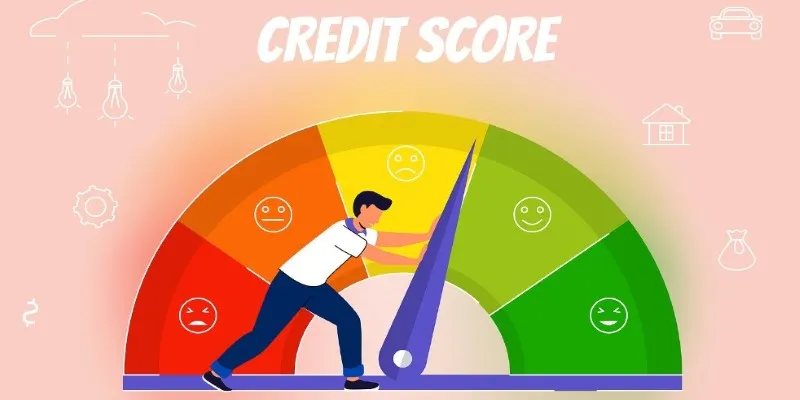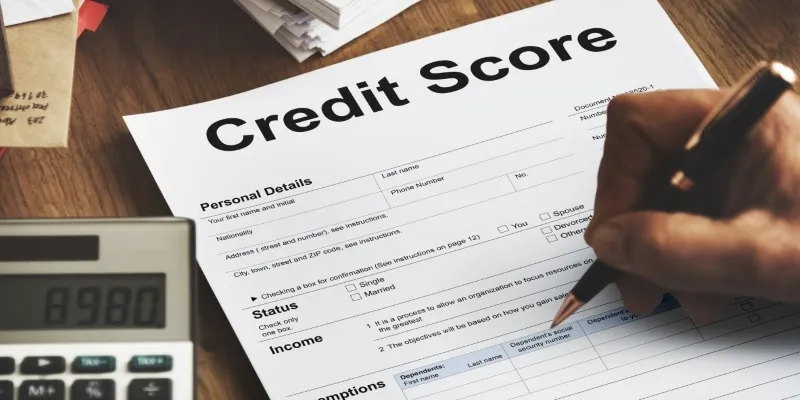Is Closing a Credit Card Bad for Your Credit? Here's the Truth
Credit cards can be a useful financial tool, but deciding to close one can bring uncertainty, especially regarding its effect on your credit score. Many people wonder if closing a credit card might lead to a dip in their creditworthiness. While it may seem straightforward to close an unused account or reduce open credit lines, this choice can influence your credit in ways you might not expect.

In this article, we will discuss how closing a credit card affects your credit score, what factors influence it, and some strategies to protect your credit if you decide to close a credit card.
The Role of Credit Utilization in Your Score
Credit utilization—the proportion of credit card balances versus your total credit available—is a significant factor affecting your credit score. When you close a card, it decreases your available credit, potentially raising your utilization ratio if other cards have outstanding balances. Higher utilization makes you appear more reliant on credit, which could make lenders view you as a riskier borrower.
For instance, with a total credit limit of $10,000 and a balance of $2,000, your utilization is 20%. Canceling a card that reduces your limit to $5,000 raises your utilization to 40%, which negatively impacts your score. Ideally, your utilization should not surpass 30% for a healthy score.
The Length of Your Credit History and Its Influence
Credit history length significantly impacts your credit score. Lenders favor a longer credit history, which indicates stability and good financial handling. Closing an old credit card can diminish the average age of your accounts, further hurting your score. If the closed card is your oldest, it reduces your average account age and decreases your score.

However, closed accounts stay on your credit report for approximately ten years, continuing to contribute to your credit history length until they eventually drop off. To maintain a long credit history, keep older accounts open even if unused. This strategy stabilizes your credit history length, preventing score fluctuations.
Effects on Your Credit Mix
Your credit mix—the variety of credit types you use, such as credit cards, loans, and mortgages—also plays a part in your credit score. Lenders prefer borrowers with diverse credit profiles, indicating an ability to manage different forms of credit responsibly. If a credit card is one of your few credit accounts, closing it may impact this aspect of your credit score.
However, this factor is generally less influential than credit utilization and account age. If you have other credit accounts, such as auto loans or student loans, the impact on your credit mix may be minimal. If you’re planning to close a credit card and have a limited credit profile, consider how this decision could affect your account diversity and score.
Practical Tips for Minimizing the Impact of Closing a Credit Card
Closing a credit card doesn’t have to significantly drop your credit score. Here are some strategies to minimize potential impacts:
Lower Balances on Other Credit Cards
Before closing a card, consider paying down balances on other cards to keep your credit utilization ratio low. A lower utilization rate (below 30%) helps preserve your score even as your total credit limit decreases with a closed account. This step not only safeguards your score but also reduces interest costs.
Keep Older Accounts Open
If the card you plan to close is one of your oldest, think twice. Closing an old account can shorten the average age of your credit history, potentially decreasing your score. If the card doesn’t have an annual fee, keep it open by using it occasionally for small purchases and paying off the balance. This keeps the account active without adding debt and helps maintain your credit profile.
Use the Card Sparingly Instead of Closing It

If the card isn’t costing you anything, consider using it sparingly instead of closing it. Small, regular purchases on an otherwise unused card can keep it in good standing, which may help preserve your credit score.
Transfer the Credit Limit
Some credit card issuers allow you to transfer the limit from one card to another within your account. This can maintain your overall available credit, helping keep your utilization rate stable even after closing an account. Contact your issuer to see if this option is available before deciding.
Consider a Product Change
If high fees or limited benefits are driving your decision, check if your issuer offers a product change to another card within their portfolio. This way, you avoid closing the account, retain the credit history, and move to a card that better fits your needs. This is especially useful for older accounts that positively impact your credit history.
Conclusion
Closing a credit card can impact your credit score, primarily through changes to credit utilization, history length, and account mix. While closing an account may simplify your finances or reduce fees, it’s essential to consider these factors carefully. To minimize potential score drops, you might lower balances on other cards, keep older accounts open, or replace the card strategically. Ultimately, if closing a credit card aligns with your financial goals, being aware of the possible effects empowers you to make informed choices that protect your credit profile and suit your financial needs.








